How to Live in a Cosmic Vacuum
Explore two alternative accounts of the existential condition & the proper human response to it.
Wednesdays | Jan. 8–29, 2025
Online Seminar
“You are all a lost generation.” The phrase was Gertrude Stein’s, but Ernest Hemingway made it famous when he selected it as the epigraph for his novel, The Sun Also Rises. Immediately a bestseller upon its publication in 1926, The Sun Also Rises defined a cultural moment and brought modernism to the masses. It made Hemingway a literary celebrity, whose life of café-hopping and bullfights became synonymous with glamour.
But The Sun Also Rises has a second epigraph, taken from Ecclesiastes, that suggests a very different perspective on the dissipated, seemingly aimless lives of his post-war expatriates. In this course, we will delve into both epigraphs and explore how they address the novel’s deepest questions: What does it mean to live life fully? To face death bravely? To find meaning in a world transformed by war and upheaval?
Cheryl Miller on The Sun Also Rises
This course is offered by Humanities at Hertog. It takes place weekly on Wednesdays, via Zoom, from 6 PM to 8 PM ET. Fellows will receive a $150 stipend contingent upon participation in the course and completion of a brief response paper. All course materials will be provided.
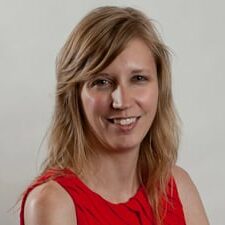
Cheryl Miller is executive director at the Hertog Foundation. Previously, she served as deputy director of research in the Office of Presidential Speechwriting and as research assistant to David Brooks at The New York Times. Her reviews and commentary have appeared in such publications as The Wall Street Journal, Commentary, and The Weekly Standard. She graduated from the University of Dallas with Bachelor of Arts degrees in English and Politics.

Cheryl Miller is executive director at the Hertog Foundation. Previously, she served as deputy director of research in the Office of Presidential Speechwriting and as research assistant to David Brooks at The New York Times. Her reviews and commentary have appeared in such publications as The Wall Street Journal, Commentary, and The Weekly Standard. She graduated from the University of Dallas with Bachelor of Arts degrees in English and Politics.
Readings:
Topics:
Discussion Questions:
Readings:
Topics:
Discussion Questions:
Readings:
Topics:
Discussion Questions:
Readings:
Topics:
Discussion Questions:
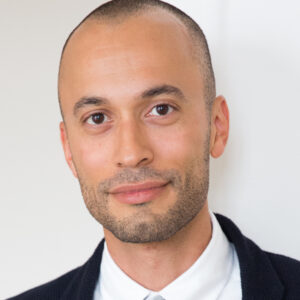
Thomas Chatterton Williams
Thomas Chatterton Williams is a staff writer at The Atlantic and the author of Losing My Cool and Self-Portrait in Black and White. He is a Visiting Professor of Humanities and senior fellow at the Hannah Arendt Center at Bard College, a 2022 Guggenheim fellow, and a visiting fellow at AEI. He was previously a contributing writer at The New York Times Magazine and a Columnist at Harper’s.
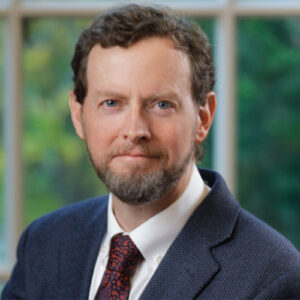
Benjamin Storey
Benjamin Storey is a senior fellow in Social, Cultural, and Constitutional Studies at the American Enterprise Institute (AEI), and co-director of AEI’s Center for the Future of the American University. He is concurrently an SNF Agora Fellow at Johns Hopkins University and a research fellow at the Civitas Institute at the University of Texas at Austin.
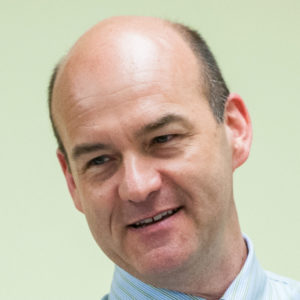
Robert C. Bartlett
Robert C. Bartlett is the Behrakis Professor of Hellenic Political Studies at Boston College. His principal area of research is classical political philosophy, with particular attention to the thinkers of ancient Hellas, including Thucydides, Plato, and Aristotle. He is the co-translator of a new edition of Aristotle’s Nicomachean Ethics.

Cheryl Miller
Cheryl Miller is executive director at the Hertog Foundation. Previously, she served as deputy director of research in the Office of Presidential Speechwriting and as research assistant to David Brooks at The New York Times. Her reviews and commentary have appeared in such publications as The Wall Street Journal, Commentary, and The Weekly Standard. She graduated from the University of Dallas with Bachelor of Arts degrees in English and Politics.

Matthew Continetti
Matthew Continetti is resident fellow at the American Enterprise Institute, Prior to joining AEI, he was Editor in Chief of the Washington Free Beacon. His articles and reviews have appeared in The New York Times, The Wall Street Journal, and The Washington Post.
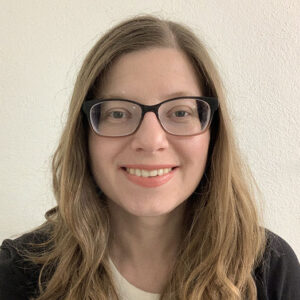
Rita Koganzon
She is an associate professor at the School of Civil Life and Leadership at UNC-Chapel Hill. Her research focuses on the themes of education, childhood, authority, and the family in historical and contemporary political thought. In addition to her research, she contributes book reviews and essays to the Hedgehog Review, National Affairs, The Point, and The Chronicle of Higher Education, among others.